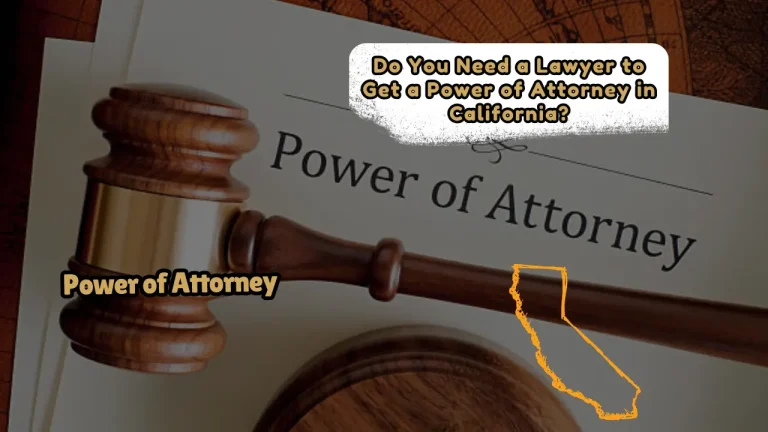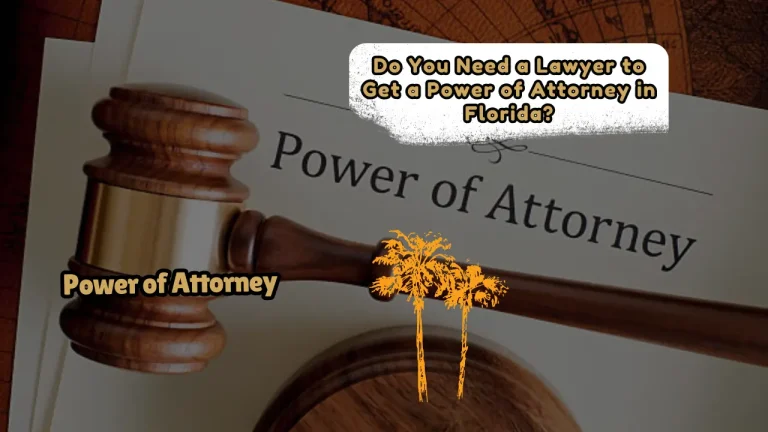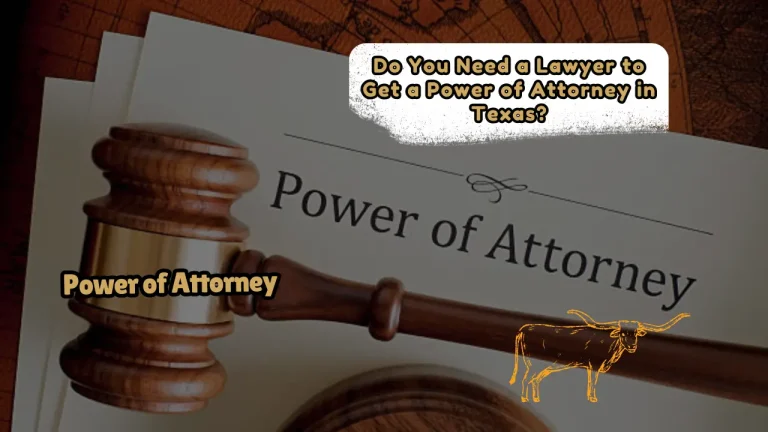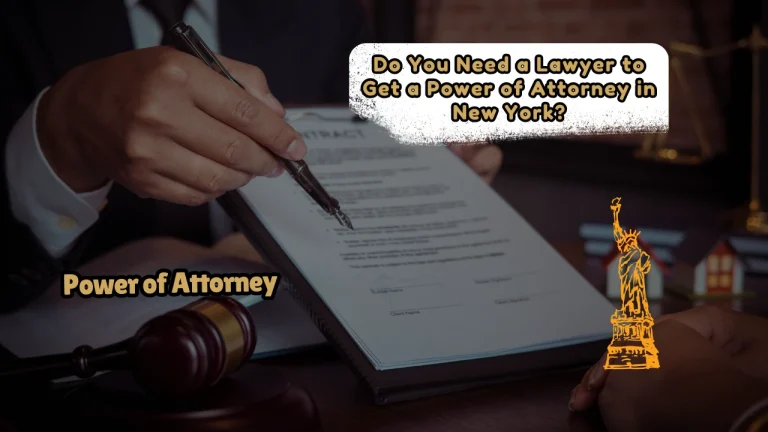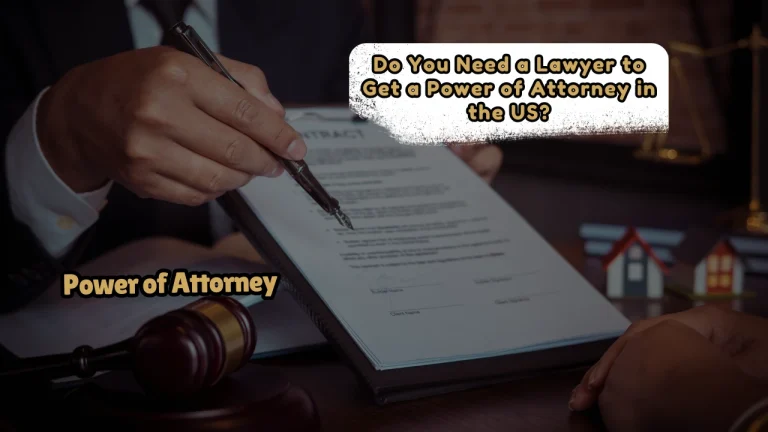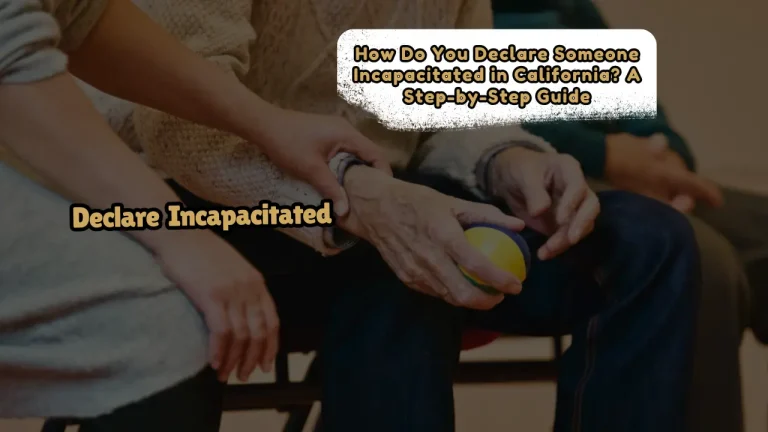Do You Need a Lawyer to Get a Power of Attorney in California?
No, you do not legally need a lawyer to create a Power of Attorney (POA) in California. You can use state-provided statutory forms or reputable online templates to draft your own POA. However, if your situation involves complex estates, family dynamics, or Medicaid planning, consulting an attorney is highly advisable to ensure your document meets…

